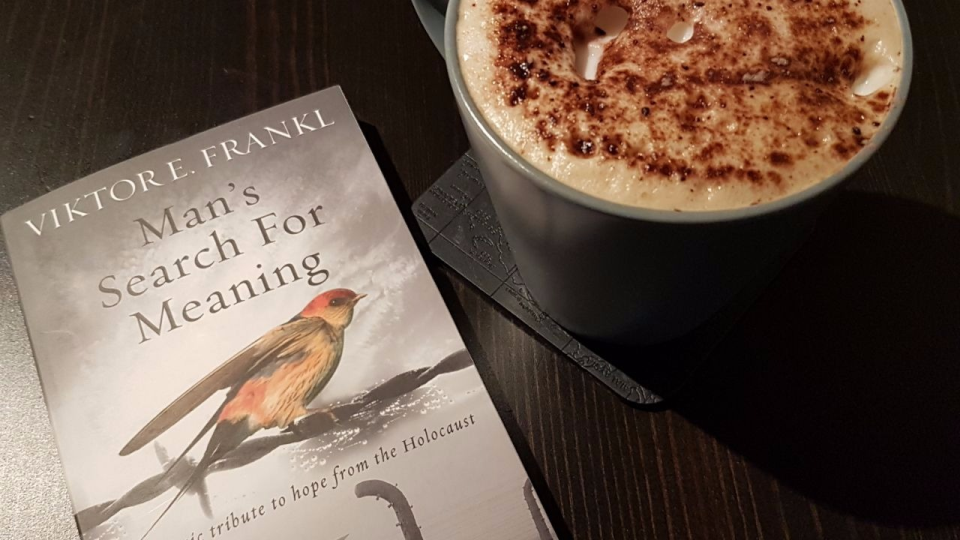Man's Search For Meaning

- Original Title:
- Man's Search For Meaning
- Author:
- Viktor E. Frankl
- Published:
- 1946
- Buy at:
- bookdepository.com
“Man’s Search For Meaning” is psychological book describing experiences from concentration camps and psychotherapeutic method of logotherapy. Author of this book is Viktor E. Frankl, Austrian neurologist and psychiatrist, Holocaust surviver and founder of the logotherapy, which is the form of the existential analysis, the “third Viennese School of Psychotherapy”. In this book, written immediately after World War II, Frankl describes psychological experiences from concentration camps, trying to identify what was essential in mind of people in order to survive those camps.
“Man’s Search For Meaning” is divided into 2 parts. In the first part, author describes experiences from concentration camps, focusing on experiences during admission to camp, experiences after some time spent in camp, and negative psychological states of demoralisation, depersonalisation, etc. In this part, author tries to explain how people reacted to the same camp conditions in different ways, and how some of these ways were helpful while other were fatal. Also, author focuses on the meaning we give to present and to future, and emphasises the importance of thinking about future. In the second part of the book, author describes his therapeutic approach known as logotherapy, which argues that driving force in humans is effort to find meaning in life. Author argues that if people can find meaning in such extreme conditions such as in concentration camps, then people can find meaning in any other situations. Also, author argues that the will for meaning and effort to find meaning is what distinguished people who survived concentration camps from those who did not.
This is amazing book that has great influence from the moment it was published up to these days. This book should be essential on every reading list, since it offers hope to people and teaches people how in every condition they can find meaning in life.
My favourite quotes from this book are:
“Everything can be taken from the man, but one thing: the last of the human freedoms-to choose one’s attitude in any given set of circumstances, to choose one’s own way”;
“What was really needed was a fundamental change in our attitude toward life. We had to learn ourselves and, furthermore we had to teach the despairing men, that it did not really matter what we expected from life, but rather what life expected from us”.





